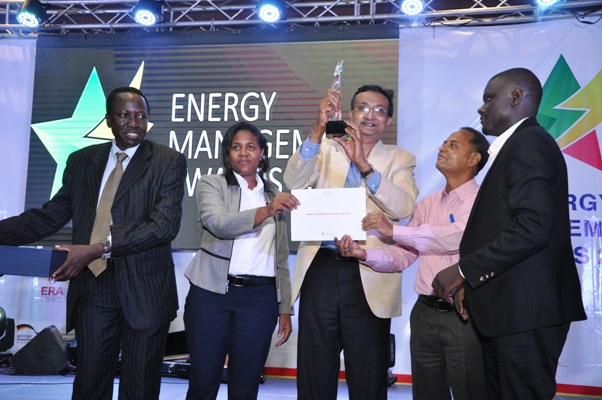President Yoweri Museveni has said that Uganda needs to strengthen its waste disposal policy to address the environmental concerns on oil exploration activities.
President Museveni acknowledges that oil waste, if not properly handled, has the potential to pollute fragile ecosystems, but adds that concerns about Green House Emissions from the exploration of Oil and Gas will not suffice if the country clearly deals with the management of wastes from the nascent industry.
Operations of the industry account for nine percent of all human-made greenhouse-gas emissions and produce fuels that create another 33 percent of global emissions. According to the 2020 Energy Transition Outlook estimates, the industry will account for 74 percent of world energy-related carbon emissions in mid-century and more than 80 percent of combined emissions of Carbon dioxide and methane if no efforts are made to reverse the trend.
But Museveni says that despite the concerns, oil is an important resource, which has been used to transform economies world over. He adds that the worry today, should not be the emission of greenhouse gases, but a clear waste disposal policy, that will be used to ensure that Uganda and Tanzania, recycle the waste products for the manufacture of other byproducts.
Museveni says that although the world is looking at a future where every car, bus and truck sold is electric and affordable, fossil fuels will also remain in use for another more than 40 years.
He added that there are so many other uses of fossil fuels that economies like uganda, can take advantage of. He cited upholstery, polyester, medicines, asphalt, cosmetics, cosmetics, and detergents, whose demand he says will not go away for so many years to come, yet they not a problem to the environment.
Museveni was speaking at the first Tanzania-Uganda Oil and Gas symposium held in Dar Es Salaam this weekend. The meeting, is a platform for the private sector to network, understand industry opportunities and challenges, showcase their capacities through experience sharing, and interact with public sector actors on legal and policy matters that govern the industry in Uganda and Tanzania.
Discussions in the meeting focussed on ongoing activities with EACOP and other Oil and Gas projects and how to unlock National participation and local content as a means to wealth creation for the people and sustainable economic development for the two countries.
While Uganda undertakes key projects in anticipation of the first oil in 2025, the management of oil waste has been a thorny issue since the discovery of oil and gas in the Albertine graben.
But the National Environment Management Authority (NEMA) has already set rules for the transportation, treatment and disposal of oil waste. According to the regulations, a person who disposes petroleum waste to unapproved disposal sites commits an offense and is liable upon conviction to a fine of 100 million Shillinbs or imprisonment for 10 years or both.The regulations also grant NEMA power to impose coercive fines for any non-compliance.
Environmentalists have however argued that in order to achieve its goals in mitigating climate change to the degree required, the oil and gas sector must reduce its emissions by at least 3.4 gigatons of carbon-dioxide, each year by 2050, compared with the currently planned policies or technologies—a 90 percent reduction in current emissions.
–URN





